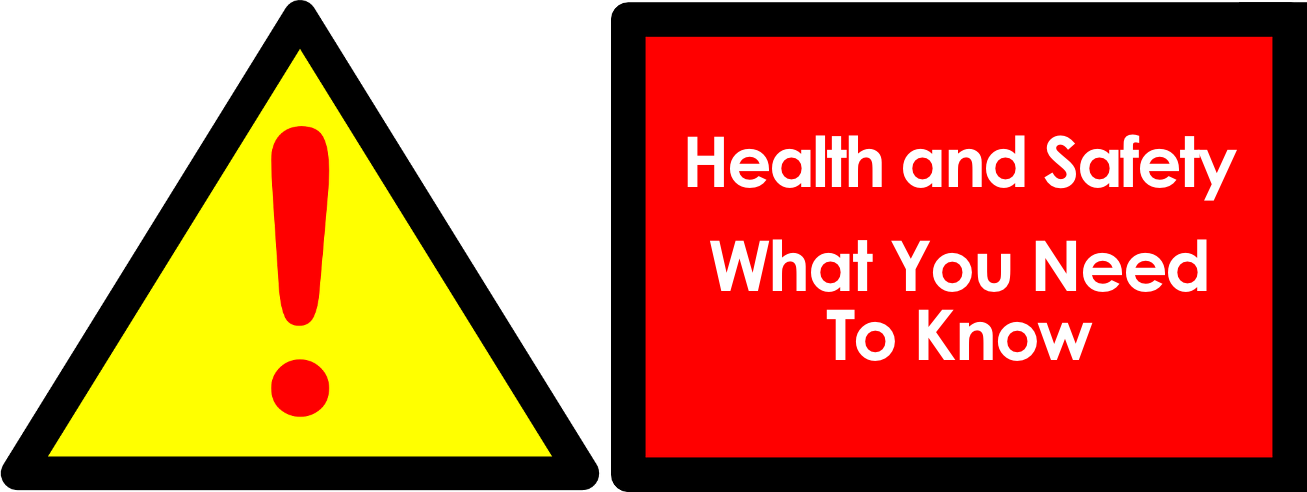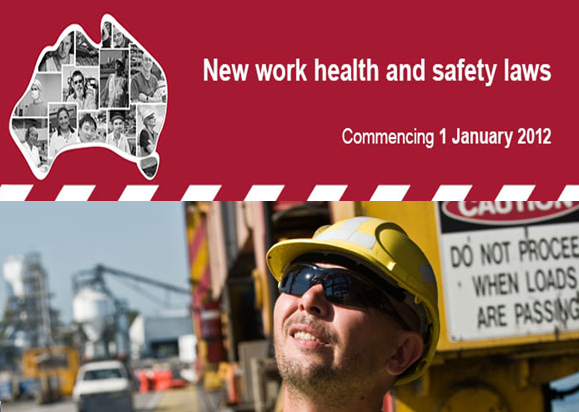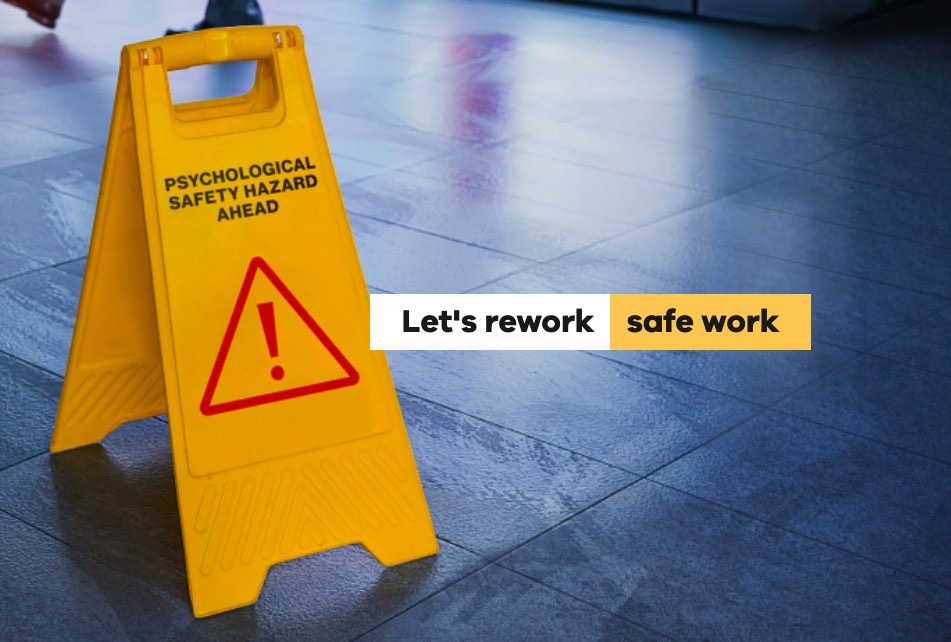PCBU Training - Online Course
How to understand and comply with your PCBU Responsibilities Start CourseContact UsUnderstanding Your PCBU Responsibilities: A Comprehensive Training Course
A “Person Conducting a Business or Undertaking” (PCBU) in Australia, (which may be a person OR a corporate entity), holds significant legal responsibilities for workplace health and safety.
Our expertly designed course helps you navigate these obligations with confidence, assisting you to meet your (and/or your organisations’) duties under the Work Health and Safety Act 2011 while facilitating a safer workplace culture.
This practical, comprehensive online training course breaks down complex legal requirements into clear, actionable guidance. Whether you’re a business owner, executive, manager, or organisational leader, you’ll gain the knowledge and tools needed to implement effective health and safety practices across your operations.
What You'll Learn
- Clear explanation of PCBU roles and responsibilities
- Practical steps for implementing WHS consultation requirements
- Essential risk management strategies
- Understanding of legal obligations and compliance requirements
- Effective documentation and reporting processes
Why This Course Matters
Legal Compliance: Stay on the right side of WHS legislation and avoid costly penalties
Risk Management: Learn systematic approaches to identifying and controlling workplace hazards
Worker Safety: Build a robust safety culture that protects your most valuable asset – your people
Business Protection: Reduce the risk of incidents and associated costs to your organisation
Course Structure
Our structured learning approach includes:
- 5 comprehensive modules
- Practical case studies
- Real-world examples
- Interactive learning materials
- Assessment tasks to reinforce learning
Who Should Take This Course?
This training is essential for:
- Business owners and managers
- Safety officers and coordinators
- HR professionals
- Supervisors and team leaders
- Anyone responsible for workplace safety
Course Delivery
Our flexible learning approach allows you to:
- Study at your own pace
- Access materials 24/7
- Download practical resources
- Complete assessments online
- Receive a certificate upon completion
What is reasonably practicable?
Law and Legislation
- the likelihood of the hazard or risk occurring
- the degree of harm that might result from the hazard or risk
- knowledge about the hazard or risk, and ways of minimising or eliminating the risk
- the availability and suitability of ways to eliminate or minimise the risk, and
- after assessing the extent of the risk and the available ways of eliminating or minimising the risk, the cost associated with available ways of eliminating or minimising the risk, including whether the cost is grossly disproportionate to the risk.
Applying a risk management process helps to determine what is reasonably practicable.?
Risk management involves a systematic process to:
- identify hazards associated with the activity or environment
- if necessary, assess the risks associated with the hazards
- identify and implement available and suitable control measures to eliminate or minimise the risks
- review the effectiveness of the control measures
About PCBU
- provision and maintenance of a safe work environment
- provision and maintenance of safe plant and structures
- provision and maintenance of safe systems of work
- safe use, handling and storage of plant, structures, and substances
- provision of accessible and adequate facilities (for example access to washrooms, lockers, and dining areas)
- provision of any instruction, training, information, and supervision
- monitoring of workers health and conditions at the workplace and
- maintenance of any accommodation owned or under their management and control to ensure the health and safety of workers occupying the premises.
- provide adequate training, information and instruction to ensure that each worker is safe from injury and risks to health
- ensure the provision of first aid equipment and facilities and prepare, maintain, and implement emergency plans
- manage risks associated with remote or isolated work (including working from home), airborne contaminants, hazardous atmospheres, storage of flammable or combustible substances and falling objects, and
- comply with requirements regarding the use of personal protective equipment.









